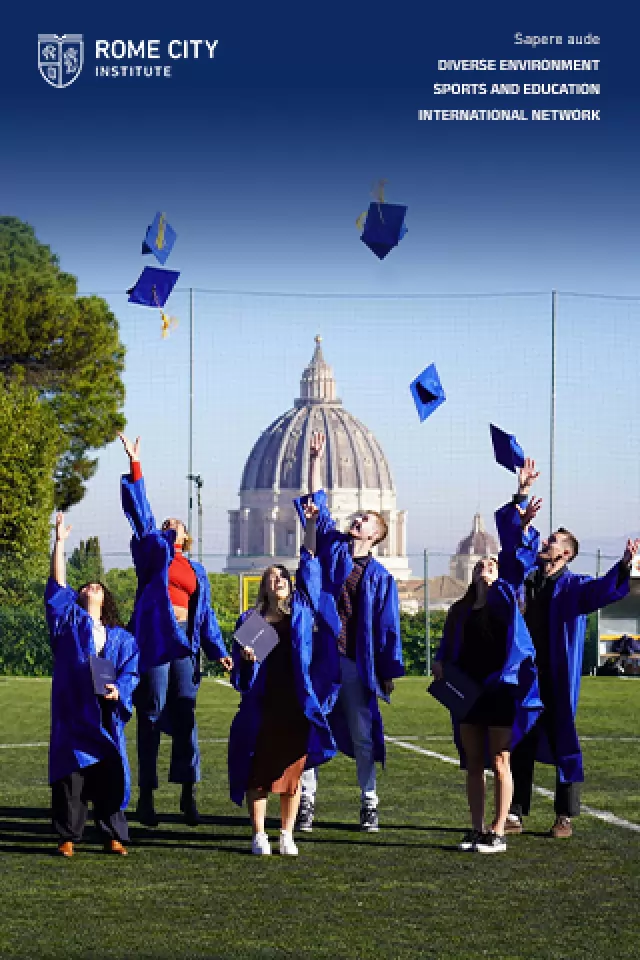The long, long wait to bid John Paul II farewell
''No, I've never seen anything like it, admitted Captain Giovanni Cimotti from Rome's municipal police, the man in charge of handling the movement of the massive deluge of visitors pouring into Rome for the funeral of Pope John Paul II.
"We estimate the crowd has by now reached about 600,000 people.'' But wasn't that fewer than expected? ''That's only today: Thursday we expect as many as a million Poles to be arriving, by air, train, coach, car even in ships.
''So you've never seen a bigger crowd even when Italy's trades unions hold of their oceanic demonstrations?''
''The unions have never claimed, at their wildest, more than one million. By Thursday we'll have two million in the city. So its unions 1, the pope 2. The Pope's won again!''
The captain grinned. He reported no incidents. ''It's all calm and peace.''
We were facing a bridge that leads over the Tiber to the long, broad, ceremonial avenue leading up to the basilica of St Peter's. The crowd, six-abreast and hemmed in by flimsy red police tape, stretched back a kilometre to our right along the river embankment; it crossed the bridge, then snaked for another kilometre to our left on the other side of the river, before disappearing into a side street that snaked towards the massive basilica.
It was 17.00 hours. ''People who arrived at 08.00 this morning will only now be filing out of St Peters, explained the captain. ''We reckon they're moving at around 500 metres an hour, so you can calculate how long it is. And the queue we're watching is only one. There are three other queues way over there.'' And at 21.00 we're stopping people joining the queues. Those already in line can stay there, but we're allowing no more.''
Nearby, Italian Red Cross ambulances were standing by as a helicopter hovered in the blue and sunny sky overhead.'' The hospitals of Rome are now full. Luckily, we've had no really serious cases,'' said Pasquale, an ambulance-worker drafted into Rome from Avezzano in the Abruzzo region. ''They're mainly cases of fainting and dizziness and collapse from sheer exhaustion. They're mainly people over 40 but we've had really young people too. There've been a lot of falls as wellLook!''
A middle-aged woman with her arm in a new sling was passing. She turned out to be from Perugia in Umbria. ''We'd been waiting since 08.30 this morning. We got to the steps of St Peter at about 12.30, then this happened. I think the queue must have surged forward a bit and I must have missed the stop."
In an ambulance tent nearby, they diagnosed a broken arm and put it into plaster on the spot. ''I must say they're very efficient,'' said her husband. ''Everything we've seen has been efficient.''
Fire-engines were parked in the side streets. ''We're here just in case of emergency. In case the police want any help if there's a law-and-order problem. Towards this evening, people might get impatient and start pushing. We're here to stop it degenerating.''
He thought most people in the queue were Italians, who'd flooded into Rome from every corner of Italy. ''It's true, there are relatively few foreigners. They're not prepared for queuing on this scale, not even the disciplined English.'' And were the Italians more prepared? ''Oh yes, we're used to sacrifice.
''The foreigners might start coming tomorrow, especially Poles.'' But if they're stopping the queues tonight, what will they do? Where will they go? ''Oh there are giant television screens at many places outside the centre, in the Olympic Stadium for instance. Then on Friday, Prince Charles will be here. I've heard they've put off their wedding for a day.''
As the world waited for 200 world leaders to assemble in Rome for the funeral, the prevailing atmosphere in Rome was one of robust good-humour.


















